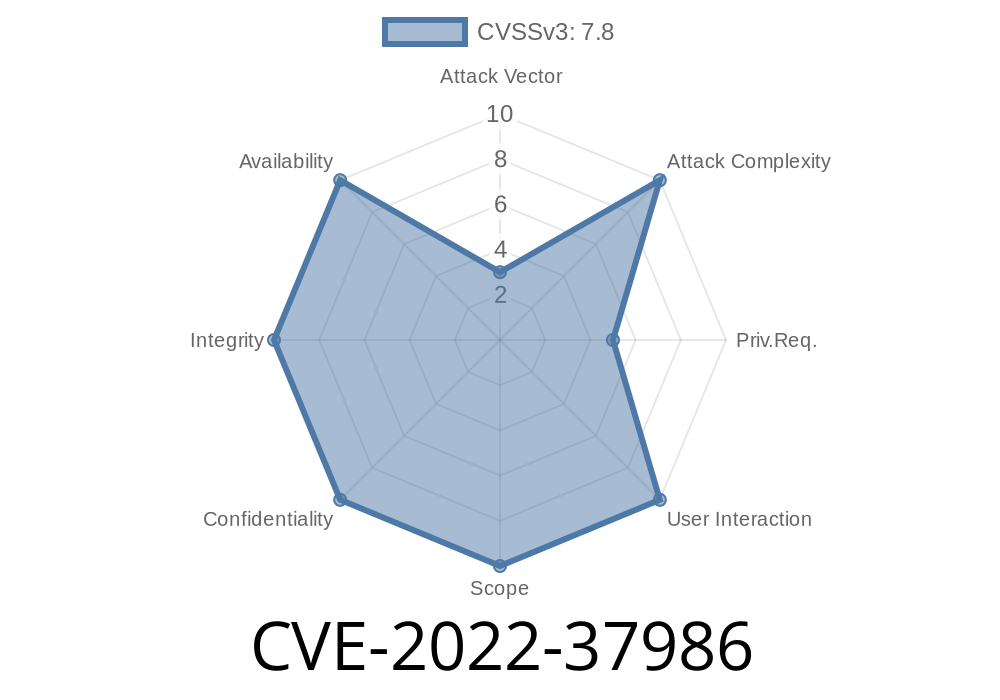This vulnerability allows local attackers to run code with elevated privileges on a Windows system. This vulnerability is documented in MS15-037: Elevation of privilege vulnerability in Windows GDI component This vulnerability is documented in Microsoft security advisory ADV180002: Elevation of privilege vulnerability when displaying remote desktop sessions
With the update of Windows 10 version 1607, Microsoft has released Windows 10 version 1703. Users who have installed this version on their computers must update them as soon as possible.
Windows Remote Code Execution Vulnerability.
This is a critical vulnerability which allows local attackers to run arbitrary code on a Windows system. This vulnerability is documented in MS15-040: Remote Code Execution in Windows Remote Desktop (MRD) 7.1 and Windows Remote Assistance (WAY) 7.1 This is a critical vulnerability which allows local attackers to run arbitrary code on a Windows system. This vulnerability is documented in Microsoft security advisory ADV180003: Remote Code Execution in Windows Remote Desktop (MRD) and Windows Remote Assistance (WAY)
With the update of Windows 10 version 1607, Microsoft has released Windows 10 version 1703. Users who have installed this version on their computers must update them as soon as possible.
Windows Secure Kernel Mode Vulnerability.
This is a critical vulnerability which allows local attackers to execute code with elevated privileges on a Windows system
Windows Secure Key Session Management Vulnerability .
This is a critical vulnerability which allows local attackers to execute code with elevated privileges on a Windows system. This vulnerability is documented in Microsoft security advisory ADV180004: Secure Key Session Management Vulnerability in Windows Secure Kernel Mode This vulnerability allows local attackers to execute code with elevated privileges on a Windows system and it is documented in Microsoft security advisory ADV180005: Security Feature Bypass Vulnerability in Windows Secure Key Session Management
Windows Secure Boot Vulnerability .
This is a critical vulnerability which allows local attackers to execute code with elevated privileges on a Windows system. This vulnerability is documented in Microsoft security advisory ADV180002: Elevation of privilege vulnerability when displaying remote desktop sessions
With the update of Windows 10 version 1607, Microsoft has released Windows 10 version 1703. Users who have installed this version on their computers must update them as soon as possible.
Windows Remote Code Execution Vulnerability.
This is a critical vulnerability which allows local attackers to run arbitrary code on a Windows system. This vulnerability is documented in MS15-040: Remote Code Execution in Windows Remote Desktop (MRD) 7.1 and Windows Remote Assistance (WAY) 7.1
Windows Secure User Mode Vulnerability .
This is a critical vulnerability which allows local attackers to execute code with elevated privileges on a Windows system
Windows Buffer Overflow Vulnerability
This is a critical vulnerability which allows local attackers to run arbitrary code on a Windows system. This vulnerability is documented in Microsoft security advisory ADV180004: Buffer Overflow in Windows Secure Kernel Mode
With the update of Windows 10 version 1607, Microsoft has released Windows 10 version 1703. Users who have installed this version on their computers must update them as soon as possible.
Windows Secure Kernel Mode Vulnerability.
This is a critical vulnerability which allows local attackers to execute code with elevated privileges on a Windows system
Timeline
Published on: 10/11/2022 19:15:00 UTC
Last modified on: 10/11/2022 19:16:00 UTC
